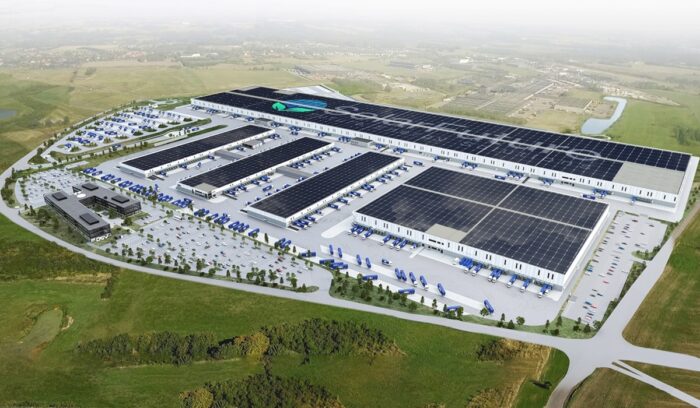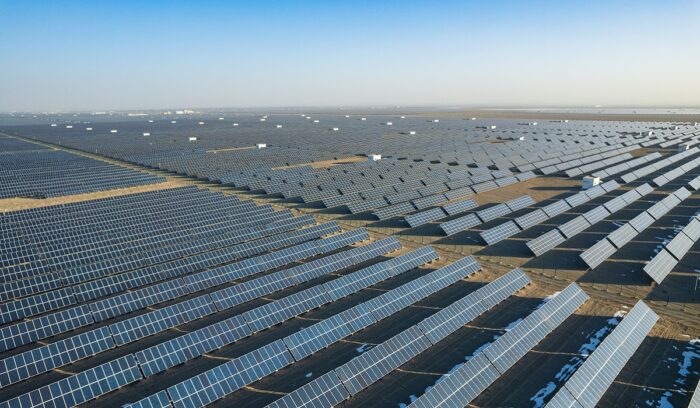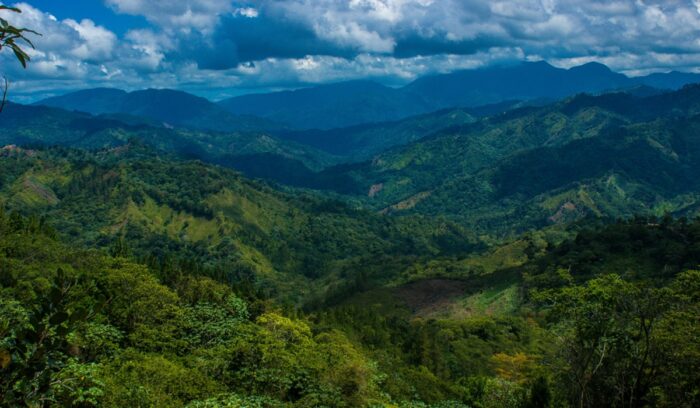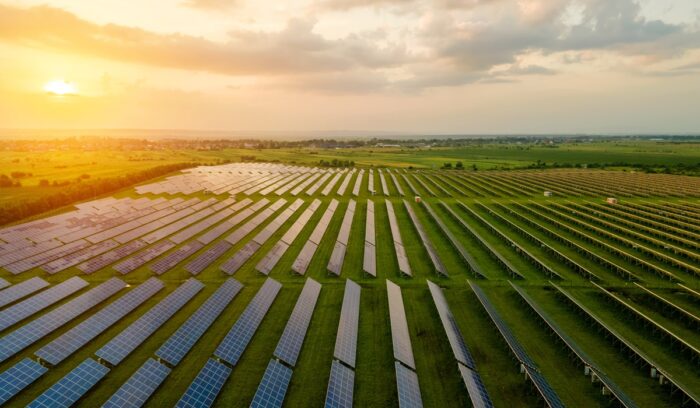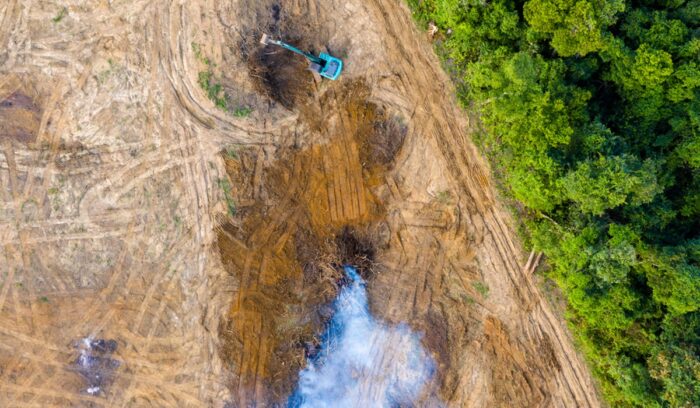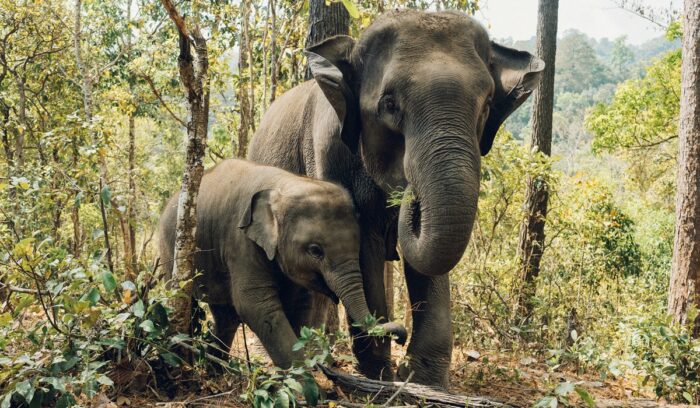France becomes world’s first country to enshrine abortion rights in constitution
France has become the world’s first country to enshrine abortion rights Lawmakers from both houses of the French Parliament voted 780 to 72 in favor of the measure, easily clearing the three-fifths majority needed to amend the French constitution. The French Senate and National Assembly each overwhelmingly approved the amendment earlier this year. The amendment states that there is a “guaranteed freedom” to abortion in France. Following the vote, the Eiffel Tower was lit up with the words “my body my choice.”


